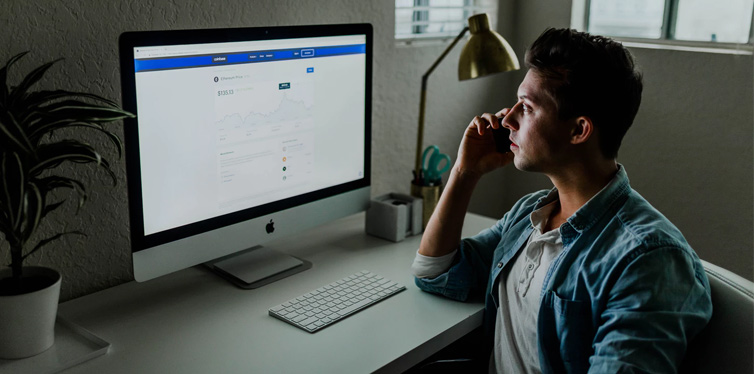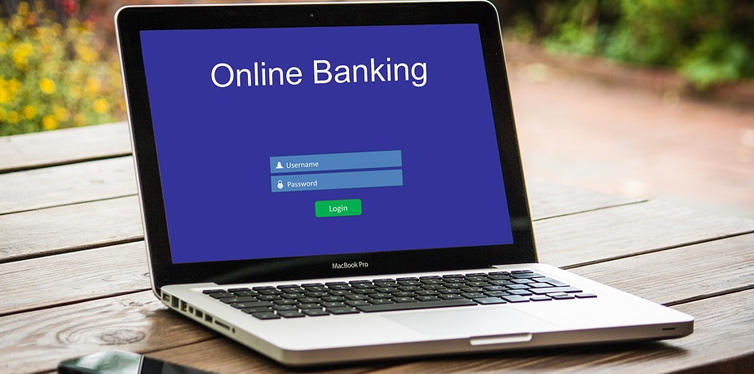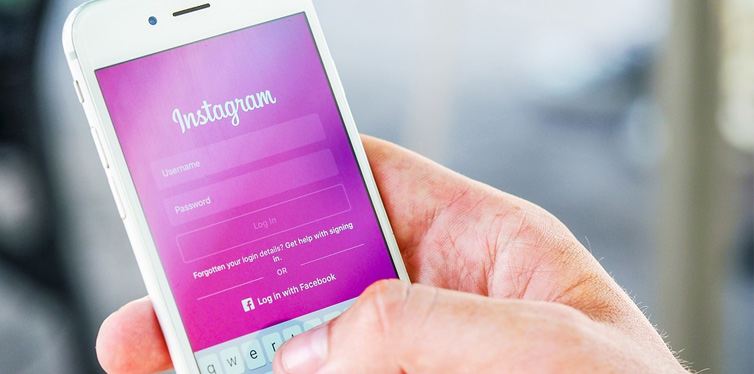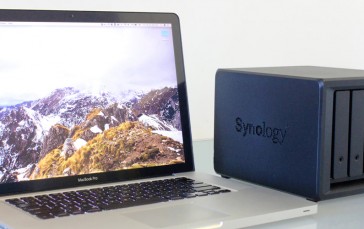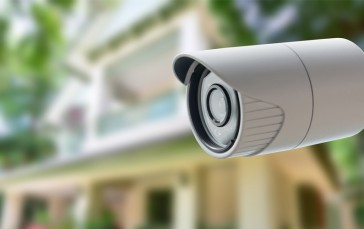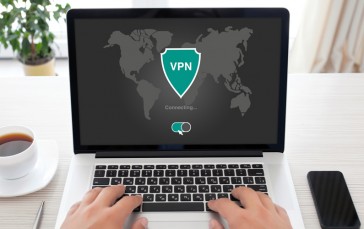How To Stay Secure Online
These days, there are few people who don’t hop onto the internet for one reason or another at the drop of a hat. It’s easy to fall into the illusion that the World Wide Web and everything on it is our best friend. The reality couldn’t be further from the truth. When we have all our life details somewhere online, the general rule has to be if we can retrieve them so can someone else. If the web is a friend you can rely on for information or access to what you need to function, the forces behind stealing identities and accounts or corrupting files for the hell of it, are its nasty cousin. It takes constant vigilance and effort to keep it away from your online life.
The online world is not a safe place and full of threats and dangers. Staying safe while being online is not easy but here are a few tips to make you more aware and help you stay more secure:
1. Up-to-date Antivirus Software
Installing antivirus software is crucial for your device safety. This software protects your device from all the attacking viruses and malware software. You simply have to buy the licensed version and install it on your desktop or any other device and let it do its work.
Antivirus software scans your device every now and then and alerts you if something suspicious is detected. It also suggests how you can take measures to fix the issue. If the antivirus software signals green this means all is well but a yellow or red color badge indicates issues in the system or documents.
There are various antivirus software packages available on the market and each has its own unique features and drawbacks. Choose the one that fits best according to your needs. Remember the mere installation of antivirus software is not enough. You need to keep it updated and review its features every now and then to avail maximum protection.
2. Secure Passwords
Some people use very easy passwords like the general 0000 or 1234 while some use their names and date of births as passwords. All these kinds of passwords make your accounts vulnerable to theft. It is advised to create a unique password for your accounts to enhance its security and never use the same or similar passwords for multiple accounts. If hackers succeed with one password then the security of all others account will also be at stake.
3. Be Vigilant About New Emails
For your online security, it is essential to be vigilant when opening emails. Only open emails if you know the sender or else drag it straight to the bin. Usually, cybercriminals manipulate innocent citizens by sending emails with creative subjects and taglines that urge the receiver to at least view the content. Although there isn’t any harm in reading most of these emails, if you are sensible you won’t take any action based on their content. But there are some malware emails that don’t even ask your permission and start downloading the malware as soon as you click the link. This malware is the actual threat to your online existence as they allow the host access to your device even when you are offline.
It is not necessary that these deceiving emails are sent by unknown names but mostly these emails are sent by fake email ids that are very similar to the email id of some authenticated stores or sites. Also, sometimes this malware seeks your permission in the name of system update so you need to be extra vigilant as one click can endanger your online safety.
4. Delete Your Browsing History
Web browsers keep a record of every site you visited and every move you make on the browser. It helps you land on the same page again when needed to make your web browsing convenient. Recording your browsing history is all okay if you are using your personal device but if you are using a public access device or logging in from a shared device, this browsing history needs to be deleted. Your browsing history allows others to spy on your activities and sometimes enables them to access your accounts. So for your online security always delete your browsing history when you have finished surfing.
5. Back Up Of Data
Invading viruses and malware restrict access to your own data on your own device. Definitely, you don’t want to lose your important files or data in case of a virus or any other issue. The solution is to back up your data on a regular basis and it sounds appealing. However, even this data backup leaves you vulnerable to theft by any third party.
6. Protect Your Privacy On Social Media
Whenever you log into a site using your Facebook account or use an app on Facebook your data on this social media site automatically gets accessed by the host site. This data can later be used for any unauthorized purpose. To overcome this security threat never access any site through your social media accounts. It is also wise to limit the access your social media accounts have to your device data and folders. This will further help to reduce the risk.
Data theft through social media accounts happens far less than on Google. Google keeps a track of every search you conduct and then later sells this data to different sites for varying purposes. Their chief clients are advertising agencies although the data is still vulnerable to use for suspicious activities.
7. Alert Your Loved Ones
Your security measures are incomplete if every member of your house is not aware of them. It is essential to alert your family members and the people with whom you share network or devices about the security threats and educate them on how to be safe and secure online.
Conclusion
It’s almost impossible to not use the web. Even if you don’t use it yourself, your details are still out there somewhere online. Your device is the doorway and your access to the online world and the last thing you need is someone slamming the door in your face. To keep safe online, review your passwords, download the right software and don’t be tempted to open emails that promise the earth. Instead, accept that you a warrior defending your online self and be vigilant. We are all fighting a war to keep our internet safe and every user must play their part.


